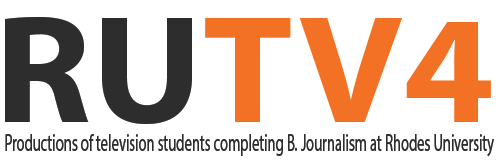SciFest highlights teachers’ struggles
Report by Dumisa Lengwati & Tarryn Isaacs
Kitchen Chemistry, in the same vein as the show done by Die Physikanten, encourages the idea of scholars being able to express their lab-making skills outside of the classroom. Dr Stephen Ashworth showcased dramatic chemistry reactions using household items one could find in their kitchen cabinets. Dr Ashworth teaches chemistry at East Anglia University in Norwich, England. While SciFest illuminates a path towards a brighter science future, the problems within science education in South Africa remain when SciFest leaves. Science educators in Grahamstown speak about the issues observed and experienced within schools regarding the lack of institutional support and resources that have a negative impact on the performance of scholars. Some consider Grahamstown schools to be in a privileged position due to the accessibility of resources that are available at Rhodes








